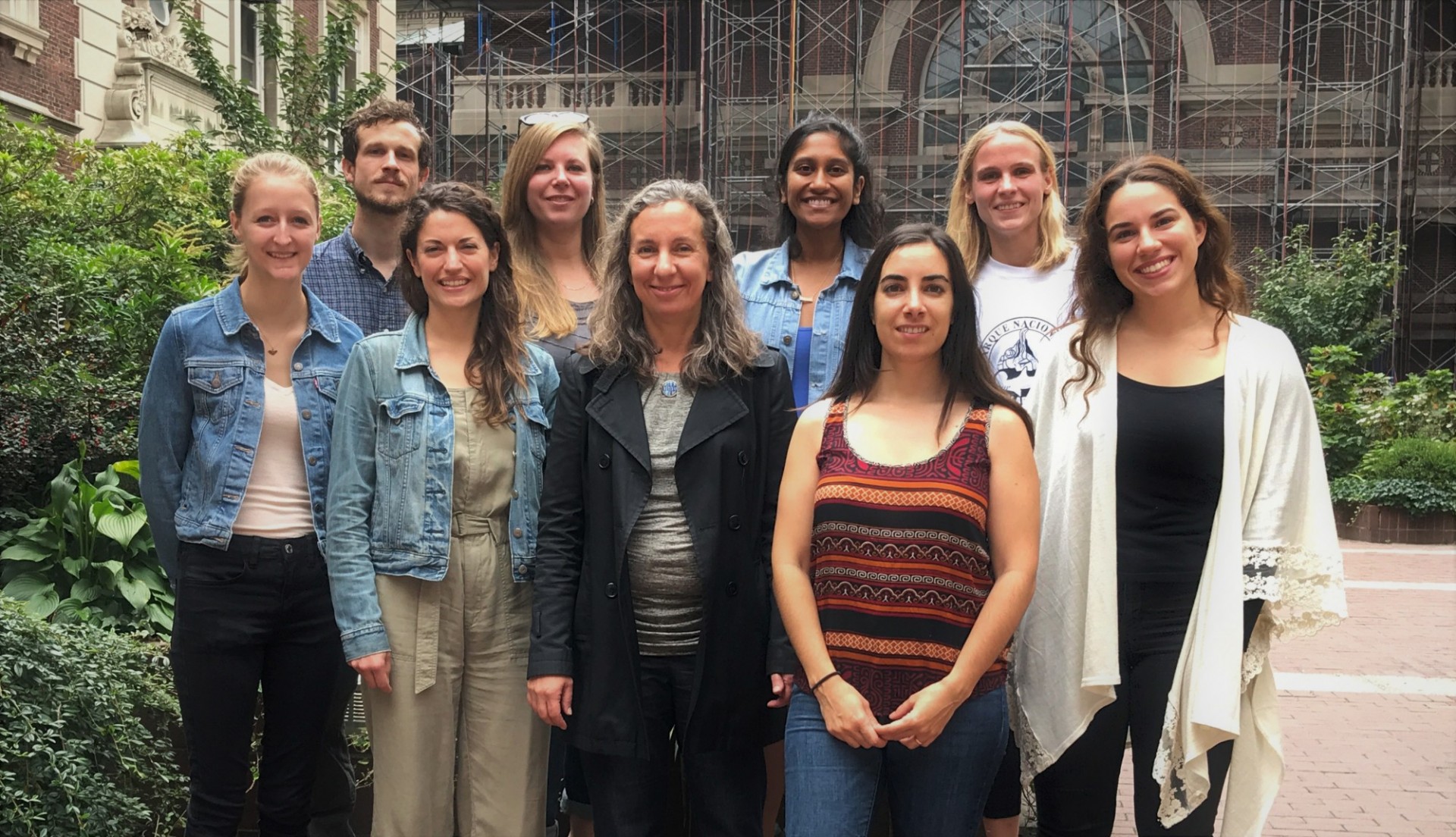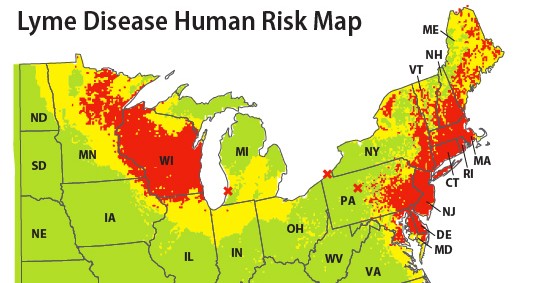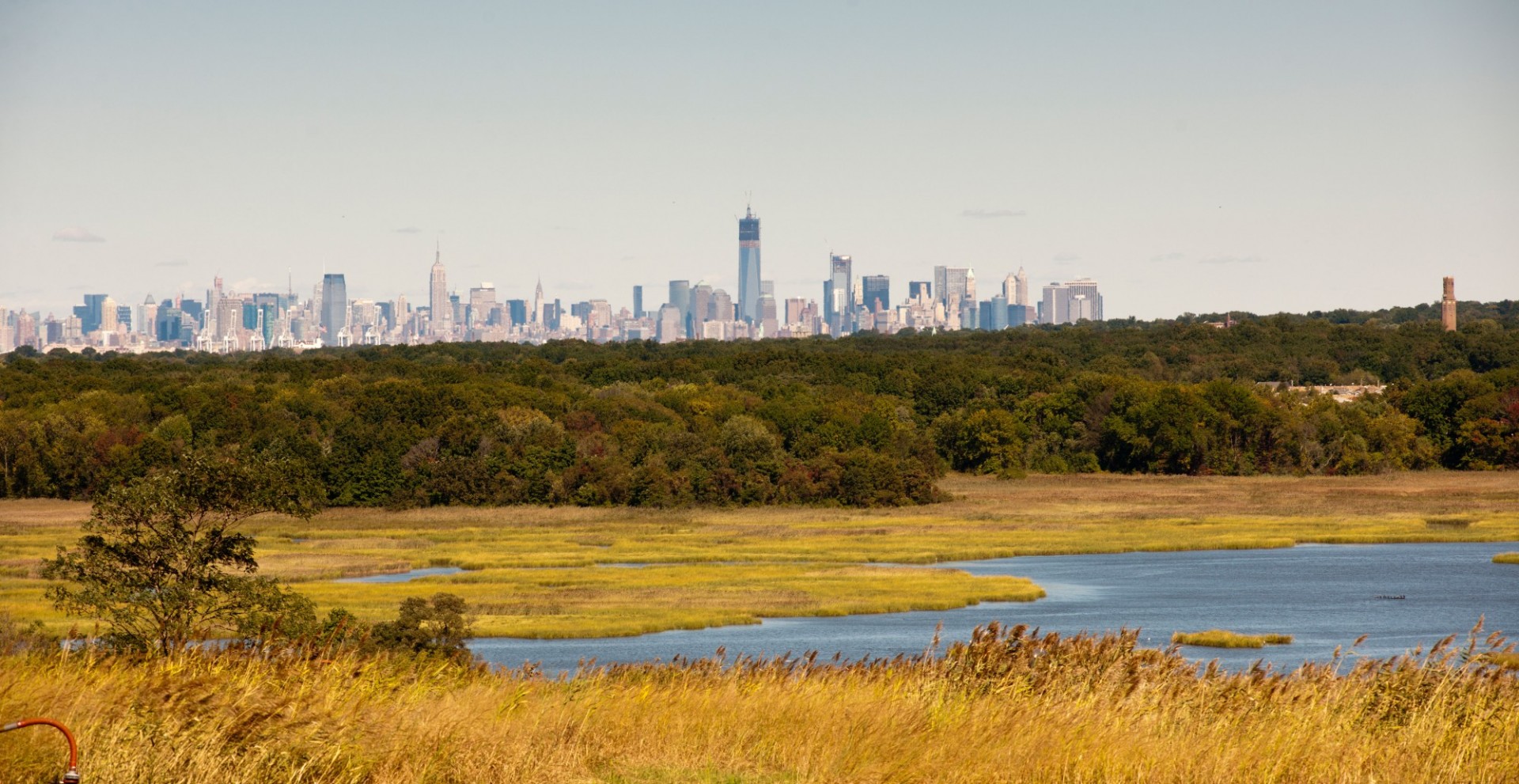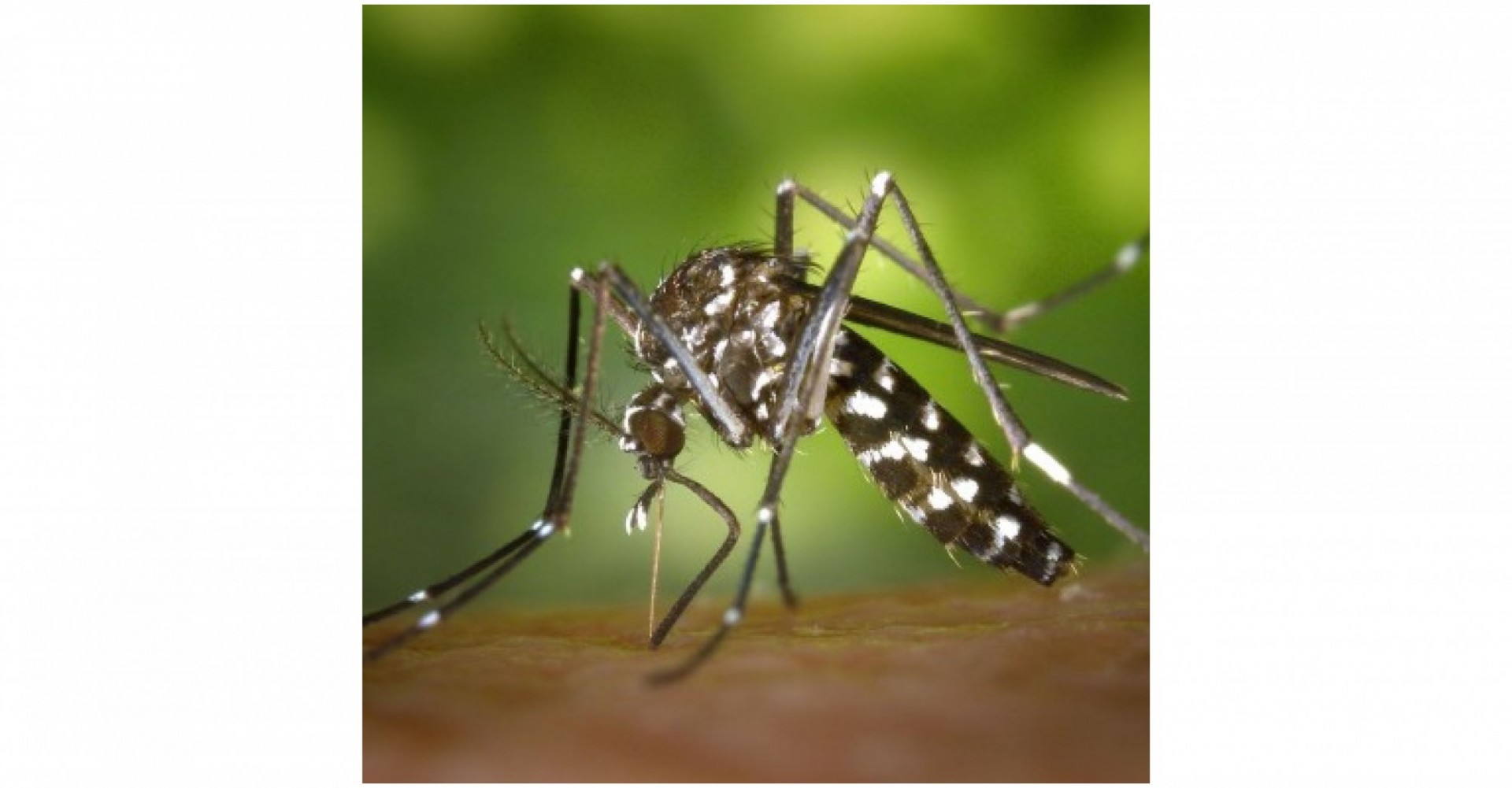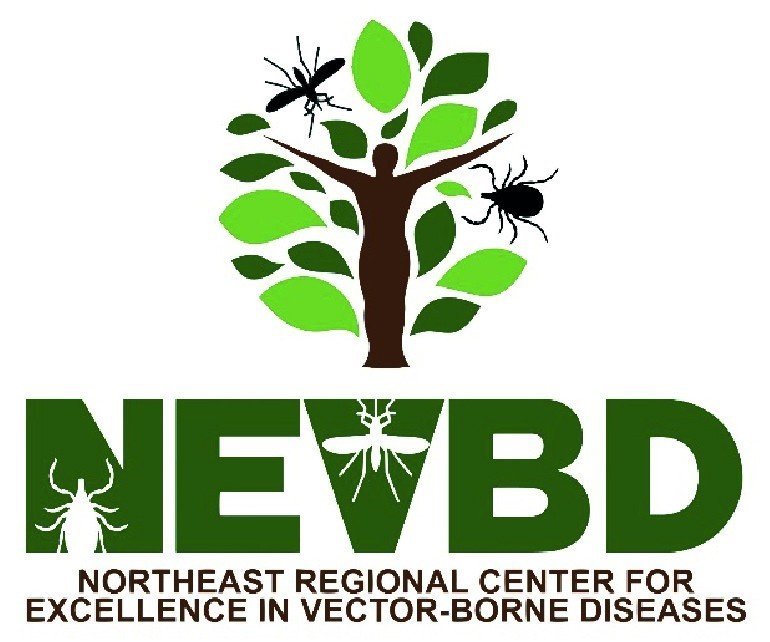About us
We study how human changes to the landscape and the climate drive the emergence and spread of vector-borne diseases, at the interface between the disciplines of ecology, evolution and epidemiology.
Our main focus are tick-borne diseases in the United States, including Lyme disease and human babesiosis. We also study mosquito-borne diseases, including West Nile virus, Dengue, Chikungunya and Zika, in the US and internationally.
Undergraduate, Graduate and Experienced Researchers!
Welcoming Research Assistant applications for the 2024 Field Season! See below for more information:
Apply here: https://forms.gle/vE3S6p2sxjGaHAqQ8
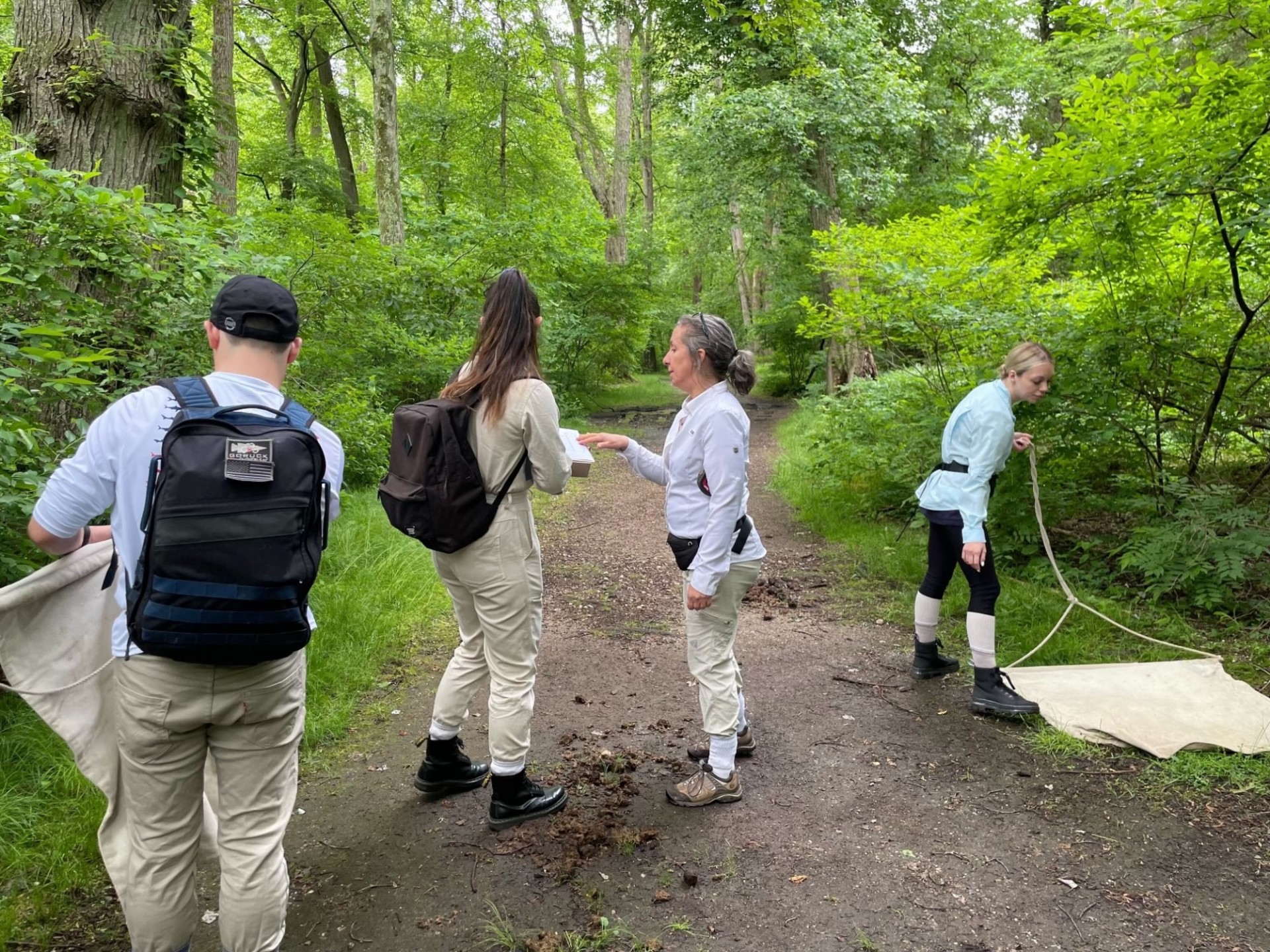
The Eco-epidemiology Lab at Columbia University has multiple positions for highly motivated Research Assistants (RAs) to assist with research and outreach activities for the 2024 field season on projects studying the eco-epidemiology of zoonotic and vector-borne diseases throughout the five boroughs of New York City and Long Island, NY.
See more information at our "Opportunities" page!
News
NYT - Digging for Secrets From the Raccoon in Your Garbage
Scientists are studying urban animals and the diseases they carry, to understand the potential risks to people, pets and the animals themselves.
NYC Ticks project has been awarded a NSF's CNH2 grant
Our research project on Staten Island, NY about urban ticks and the risk of Lyme disease has been awarded an research grant by the National Science Foundation's Dynamics of Integrated Socio-Environmental Systems (CNH2) programme. These funds will allow us to continue and expand our efforts. CNH2 supports research that advances a basic scientific understanding of integrated socio-environmental systems and the complex interactions within and among the environmental and human components of these systems.
Fighting Ticks With a Tap of the Phone
You can now track when and how you are exposed to ticks – and get expert advice – via a free app on your smartphone. Researchers developed the tool to combat Lyme disease, which is increasing across the country, including in cities. Through photos and data, the app helps scientists learn more about tick activity to identify areas of high tick risk and help prevent exposure.
